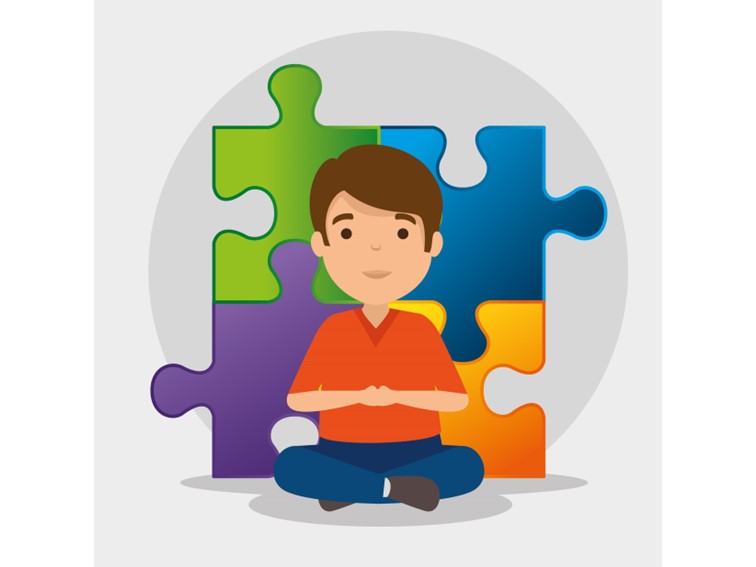What are the early signs of autism?
- They lack interest in people
- They don’t show any body gestures’ such as showing or pointing something
- They don’t pay attention to someone when their name is called. They do it consistently
- They don’t take part in patty cake, social play or any other social engaging activity.
- Some children show engagement with their parents who are familiar to them but they have problems connecting with peers.
- In some children, symptoms are not obvious until they encounter any demanding situations.
- Children show inconsistent eye contact
- They remain unresponsive to people and places and find it difficult to socialize.
- They remain attached to objects and prefer to being alone. They also cry and make loud sounds.
- They lack communication and show repetitive behaviour.
- They become highly sensitive to touch, smells, sights, lights and sounds.
- Some children show inattentiveness to objects, people and activities in their surroundings.
- Autistic children don’t understand what other people think and feel and therefore don’t show facial expressions, gestures, expressions with words.
- Sometimes children become restless, aggressive and show
- Some children with autism may also develop seizures.
What are the early signs of autism – Visual Signs?
Autistic children have difficulty communicating their visual problems. They may not be able to express their visual abilities. They exhibit some behaviours that are suggestive of a broad range of visual issues. Their visual behaviours and problems include, but are not restricted to the following:
Children show erratic eye movements. They have dilated pupils with eyes tics or blinking. A majority of children avoid eye contact and have poor eye contact. In some cases, children get excessively interested in lights, patterns and shadows. They hold books too close to the eyes and sometimes look out of the corner of the eye. They reread and rewrite words or letters. They exhibit confusion going down and upstairs – and run and bump into objects. They get unnecessarily engrossed in objects and shapes. While reading they frequently lose place – close or block one eye. They rock and roam unnecessarily and find it difficult to cope from far away. They avoid visual attention, especially while reading and near work.
Bottom Line
Children are born with Autism as there is no specific cause. Not all children have inconsistent eye contact. Though there is no cure – children can still learn, have fun and make friends. If you are still wondering about some unusual behaviours of your child, then book an appointment for a one-to-one personal meeting regarding your child’s specific symptoms and problems. Early intervention can give promising outcomes.


